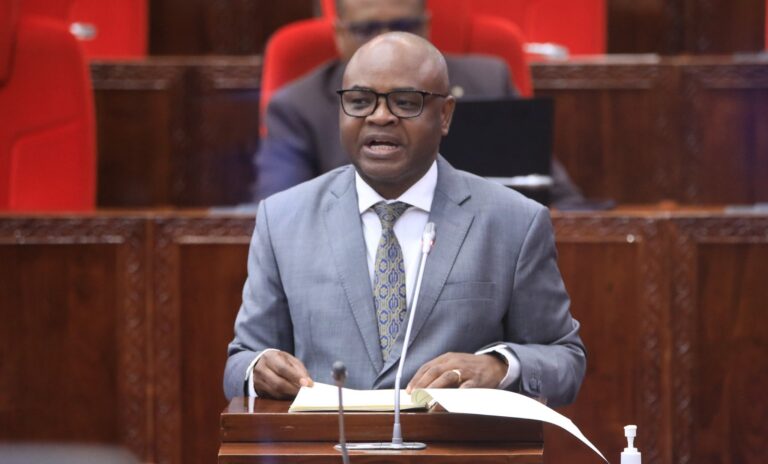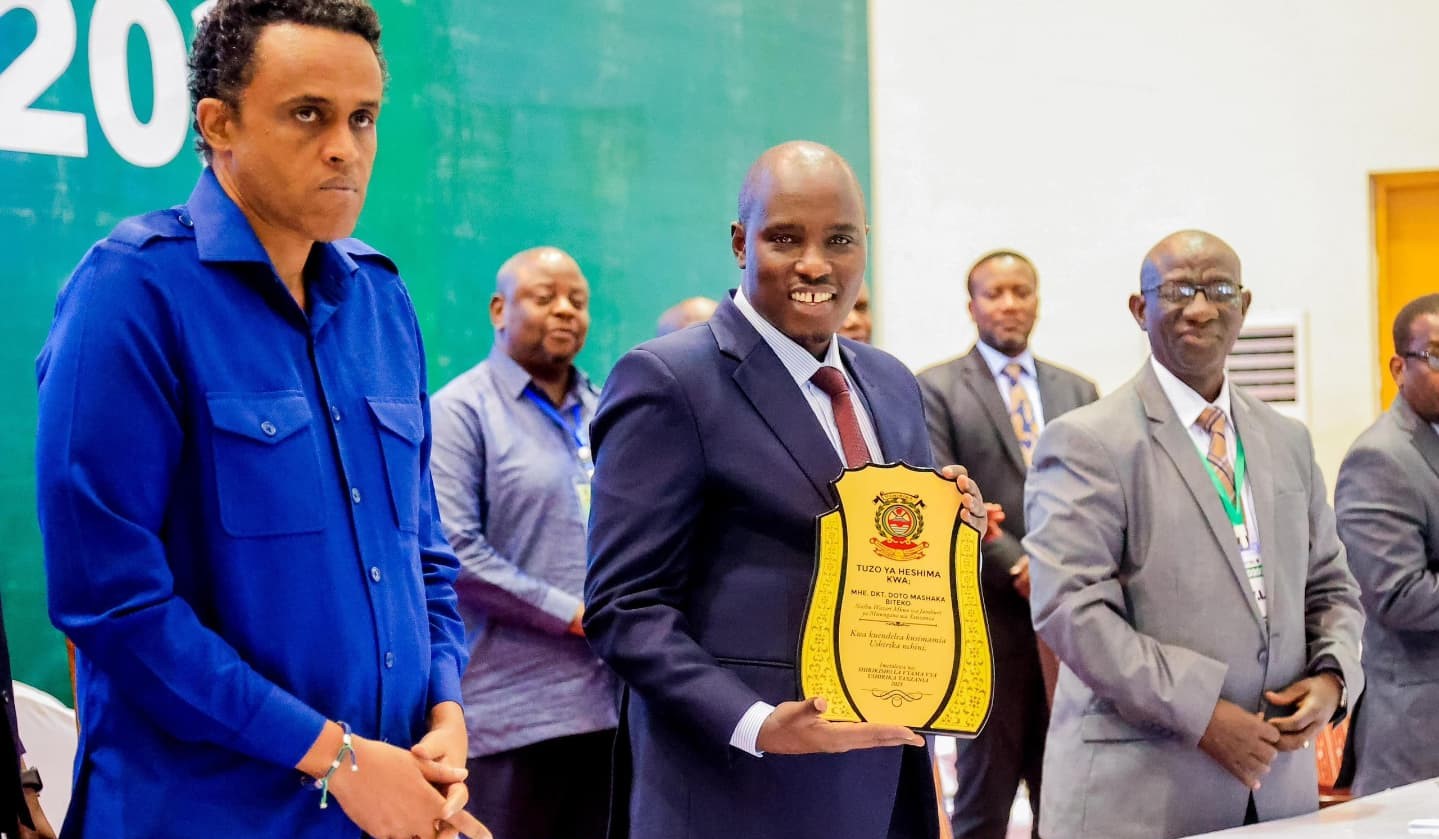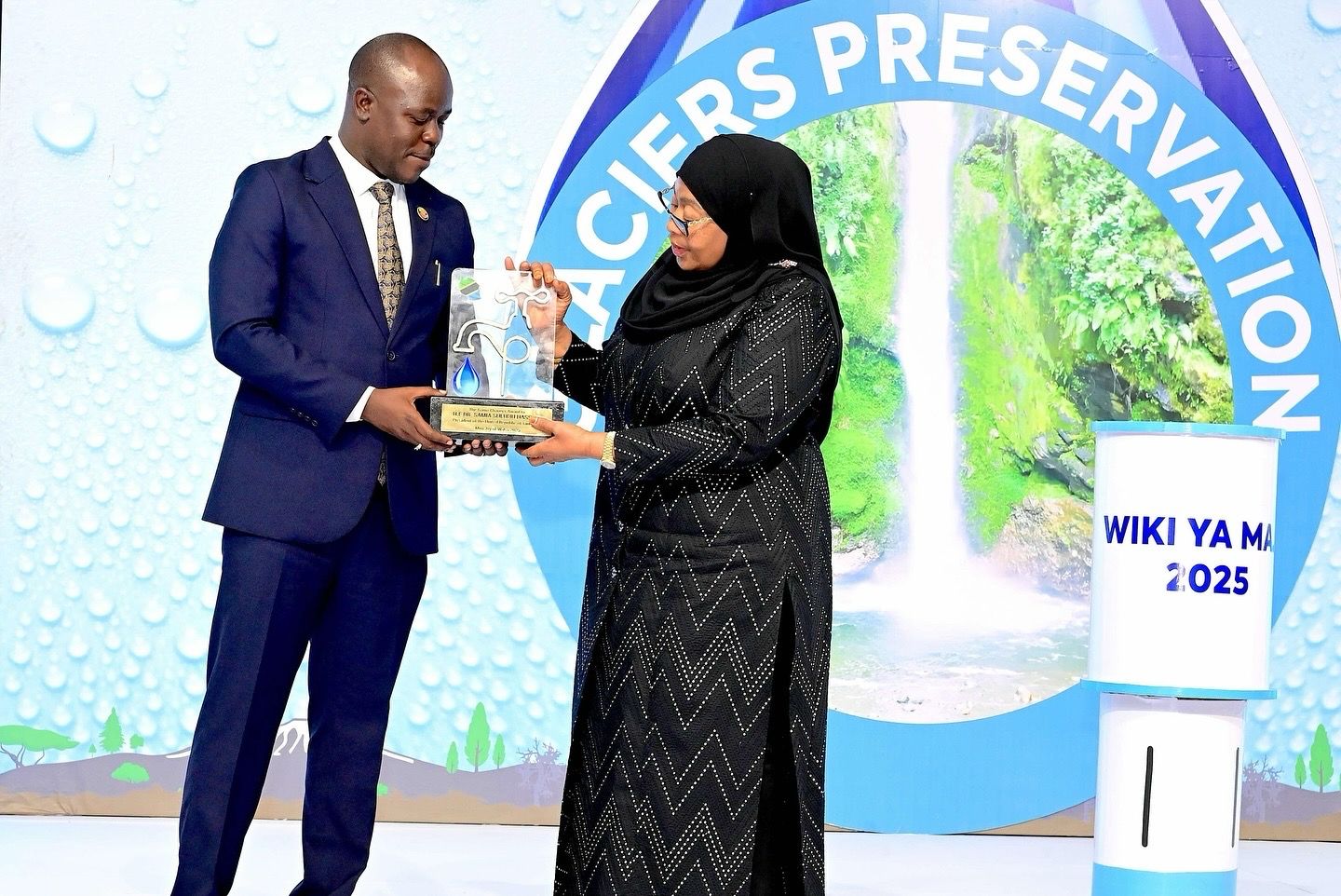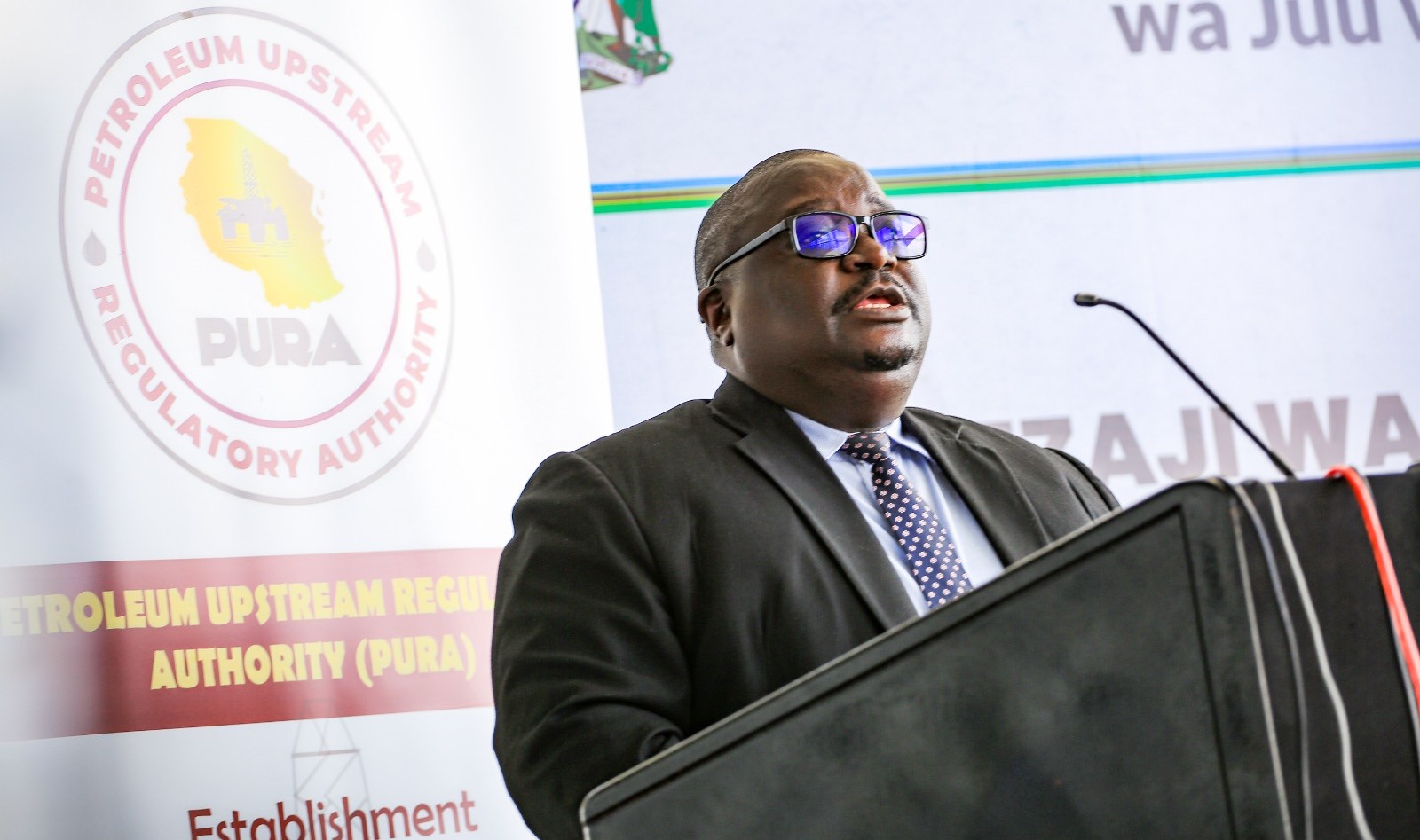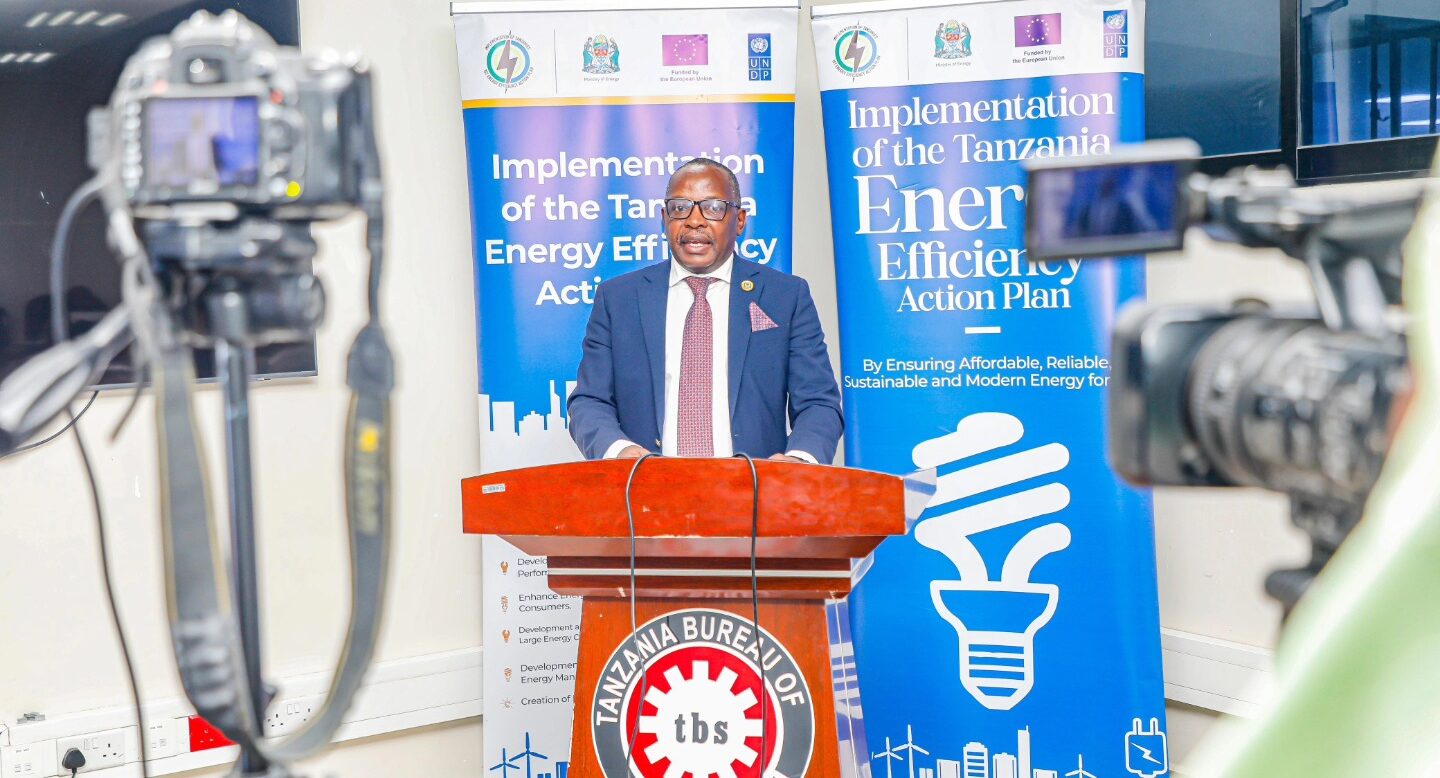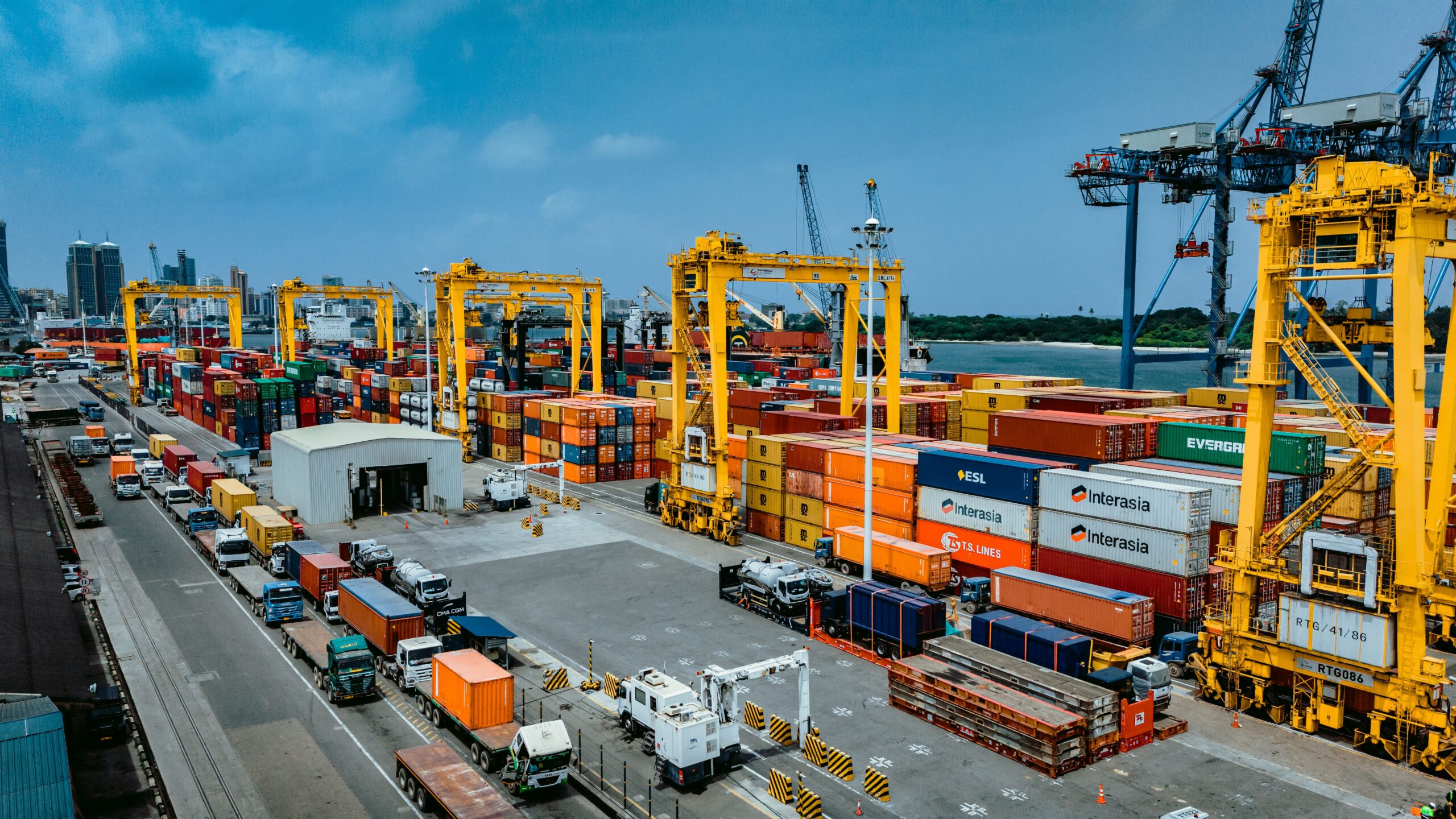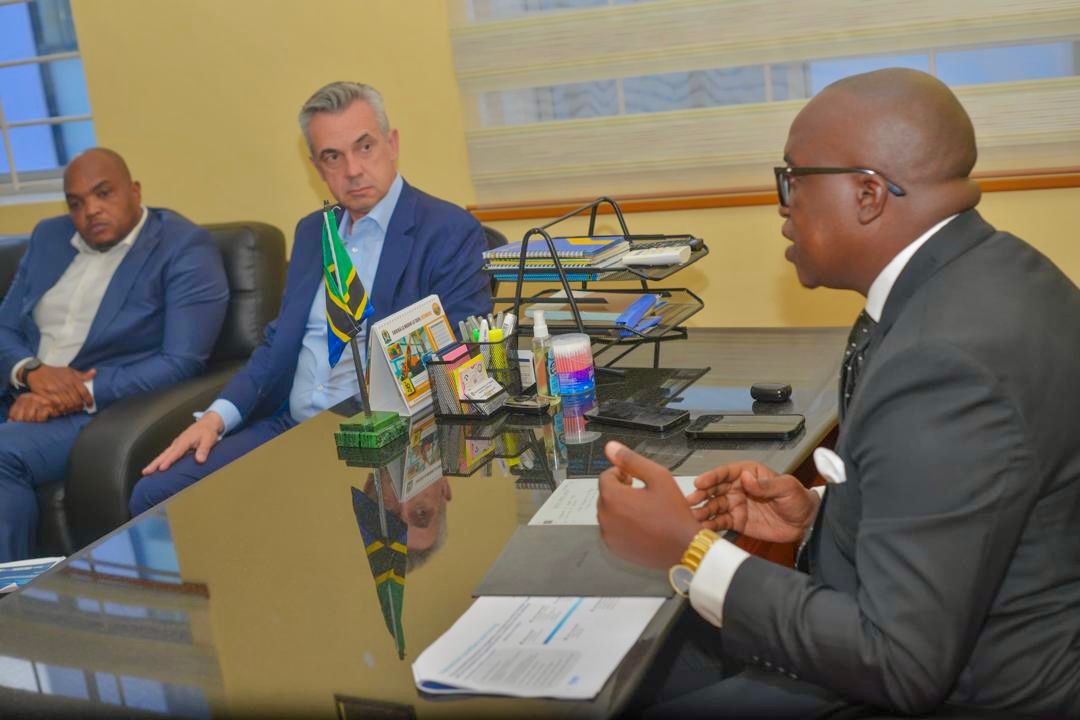Dodoma. The government has set a target of growing the economy by 6.0 percent in 2025, up from the 5.5 percent projection for 2024, as it enters the final year of implementing the Third Five-Year Development Plan (FYDP III) under the Tanzania Development Vision 2025.
Presenting the State of the National Economy in Parliament on Thursday, June 12 the Minister of State in the President’s Office (Planning and Investment), Prof Kitila Mkumbo, said the 2025/26 National Development Plan would be focused on consolidating gains made since the launch of FYDP III in 2021.
“The key target is to accelerate real GDP growth to 6.0 percent in 2025, while maintaining inflation within the single-digit range of 3.0 to 5.0 percent,” he said.
Prof Mkumbo added that the government plans to increase domestic revenue collection to 16.4 percent of GDP in 2025/26 from the 15.8 percent projected for 2024/25. Tax revenue alone is expected to rise from 12.8 percent to 13.1 percent of GDP in the same period.
“Other macroeconomic targets include reducing the overall budget deficit to 3.0 percent of GDP from 3.4 percent and ensuring foreign exchange reserves are adequate to cover at least four months of imports of goods and services,” he said.
According to the minister, the 2025/26 Plan will be the final installment in the government’s journey to realise the Tanzania Development Vision 2025, whose goals include graduating to middle-income status and achieving high levels of human development.
“This Plan serves as a bridge between the outgoing Vision 2025 and the forthcoming Vision 2050. It focuses on unfinished but high-impact programmes and projects that are necessary for a seamless transition,” said Prof Mkumbo.
He said the government, in partnership with the private sector, will prioritise flagship projects that are expected to deliver transformative and inclusive outcomes.
“We are committed to stimulating a competitive and inclusive economy, strengthening industrial and service delivery capacity, enhancing investment and trade, promoting human development, and developing a skilled workforce,” he noted.
He told the House that some of the key interventions planned for the coming financial year include boosting productivity in agriculture, livestock and fisheries by increasing access to quality inputs, expanding irrigation, and completing the construction of a fishing port.
Other priority investments include ongoing works on the Standard Gauge Railway (SGR), the rehabilitation of Air Tanzania Company Limited (ATCL), and the continued expansion of the national road network—particularly those roads connecting rural production areas with markets.
Prof Mkumbo said work would also continue on completing the Kigongo–Busisi Bridge in Mwanza, the East African Crude Oil Pipeline (EACOP), and the expansion of digital infrastructure to promote ICT use in production, trade, and service delivery.
“In the energy sector, we will proceed with projects aimed at increasing electricity generation, transmission and distribution. We will also push ahead with social sector projects covering education reforms, health, water supply and sanitation,” he said.
To attract and retain both local and foreign investors, the government will intensify reforms to improve the business and investment climate, Prof Mkumbo said.
“The 2025/26 Plan aims to prepare a conducive and sustainable environment for long-term planning and investment. We are laying the groundwork for Vision 2050,” he said.

